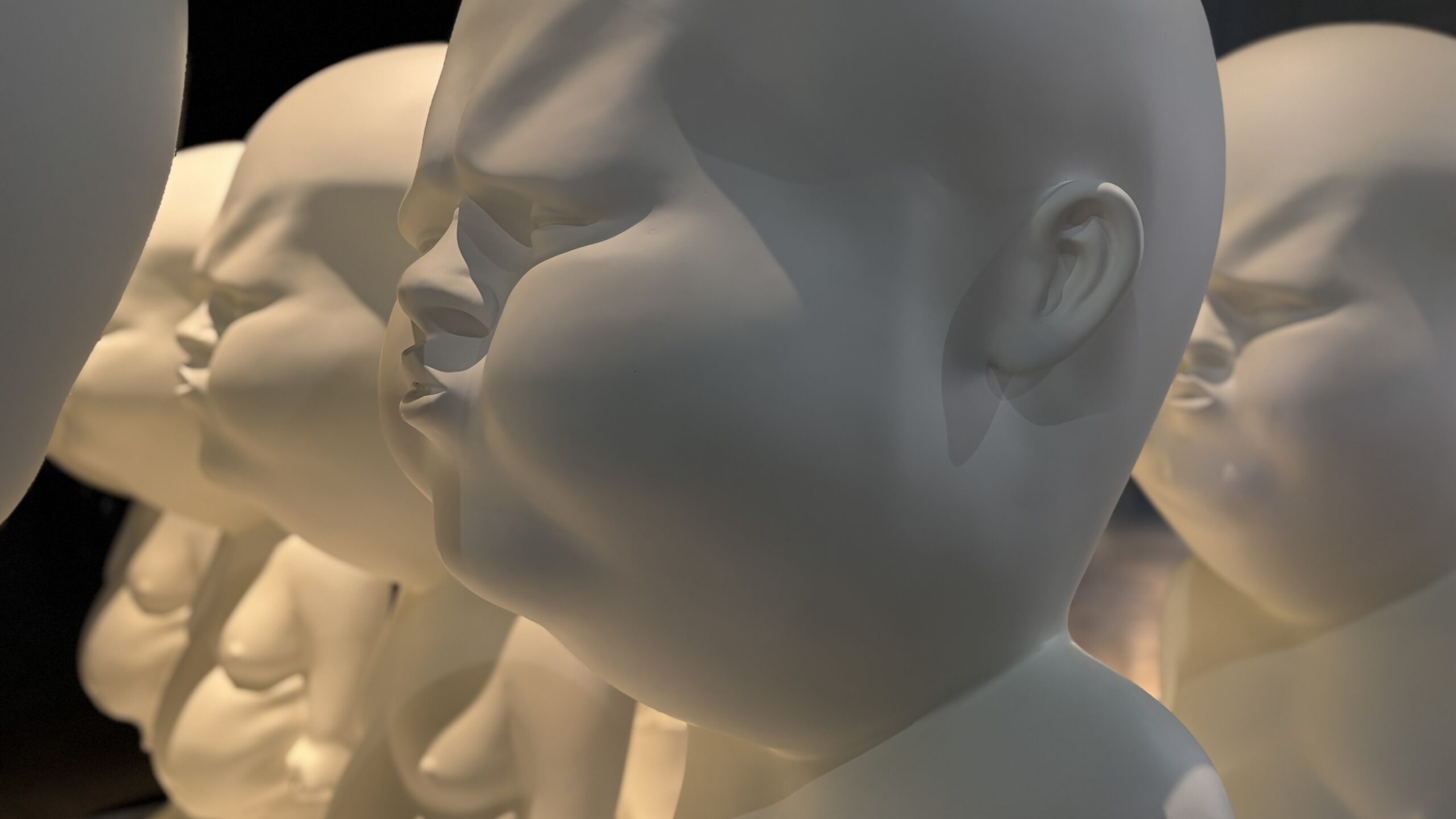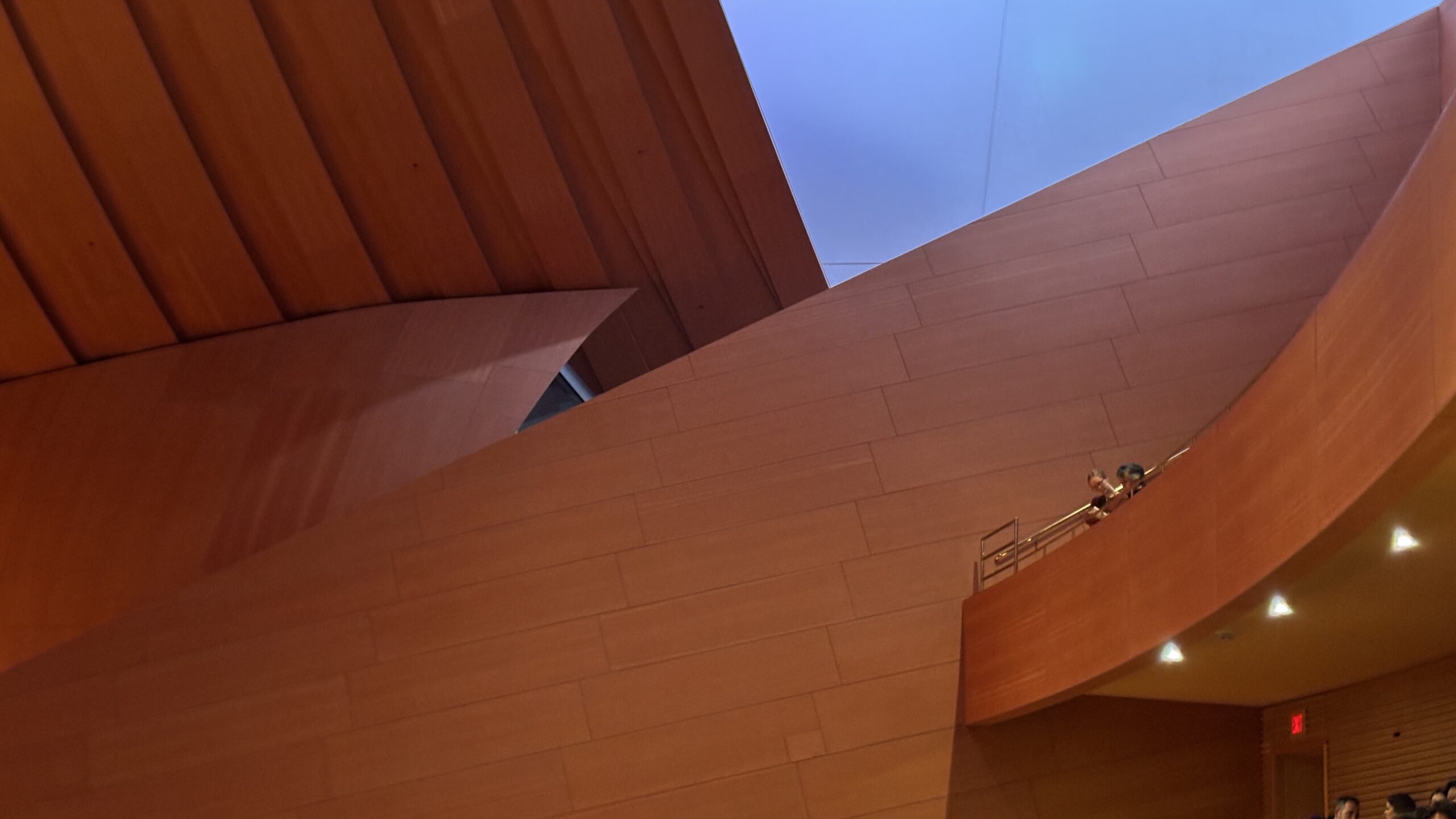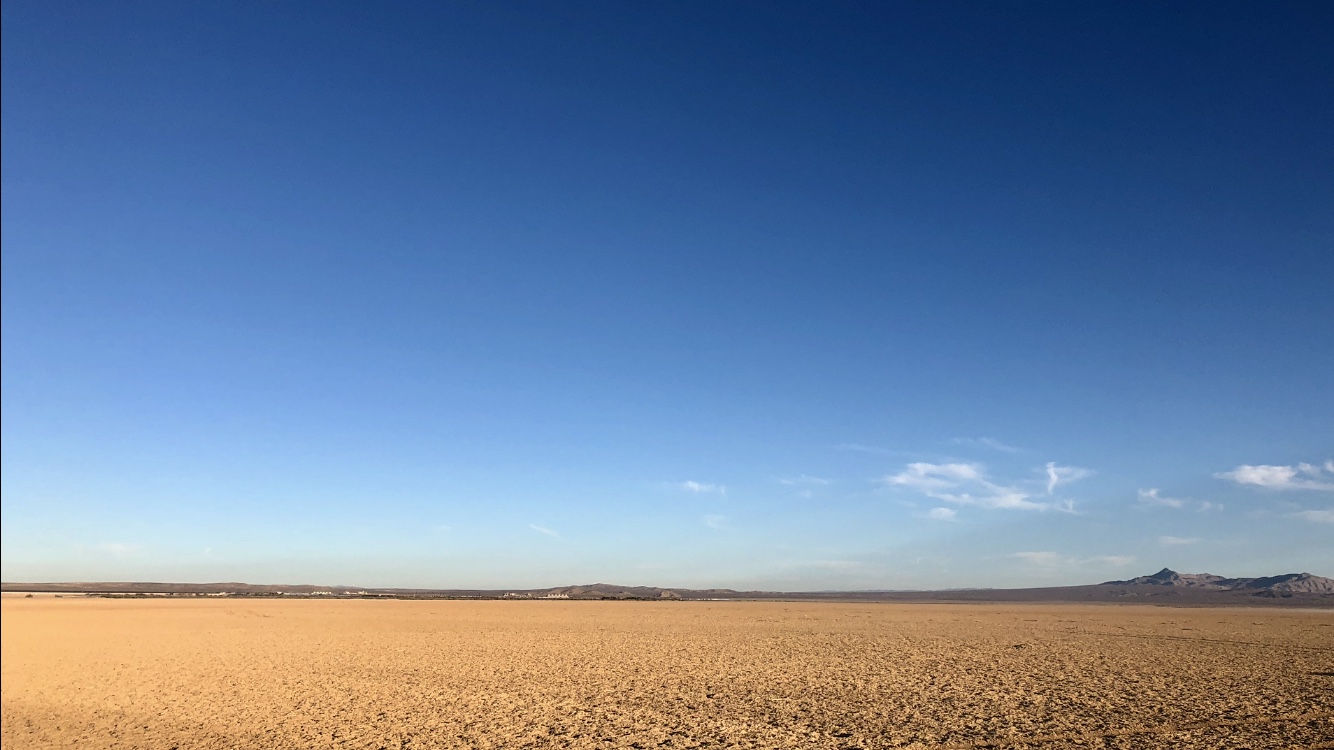Life is a continuous ebb and flow.
Ups and downs. Everything you can fathom is constantly evolving.
Birth. Death. And everything in between.
Sometimes it feels like this movement exists everywhere—but inside us.
We pass through intense periods where we feel stuck,
separate from the flow of life happening around us.
The reality is far from that.
When it feels like we need to do something different,
maybe what we truly need is to stop.
Stop what you’re doing.
Sit with your spine erect.
Breathe deeply.
Feel your chest expand and contract with each inhale and exhale.
Can you engage your breath from the diaphragm?
With every breath leaving your body,
allow muscular tension to soften.
Cells within you are continuously being born and dying,
each moment in time.
Blood moves through your veins.
Air is offered to you by trees and plant life across the planet.
You are just as much a part of this world as anything else.
Ask yourself:
Will you make it through the day?
Most of the time, the answer is yes.
If you’re unsure, simply ride each breath until it becomes a confident yes.
If the answer is yes,
continue sitting with your breath
and gently contemplate what you are grateful for.
Maybe you are healthy, with all of your limbs.
Maybe you have loving companions or family.
Maybe all of your senses are intact.
When you feel stuck, ease back into your body.
A peaceful moment may reveal the next step.
We’re not going to change the world in a day,
so we should get in the habit of forgiving our expectations.
Just the fact that we are here
is enough.


